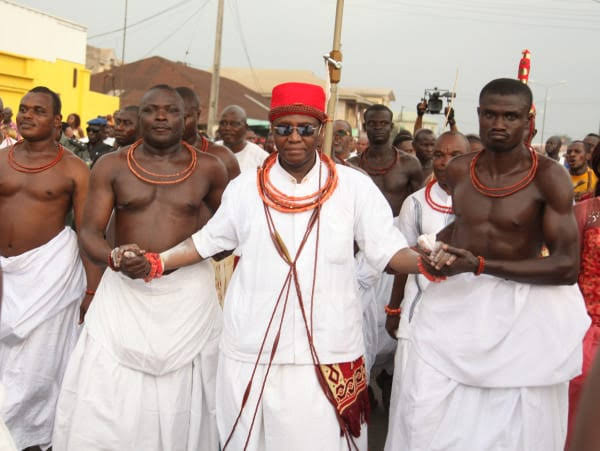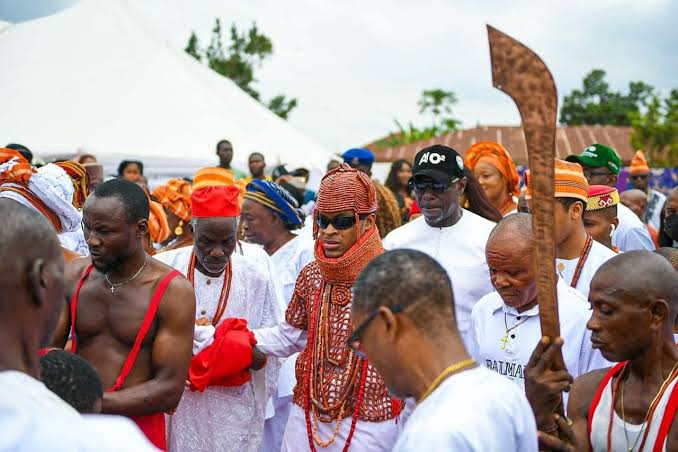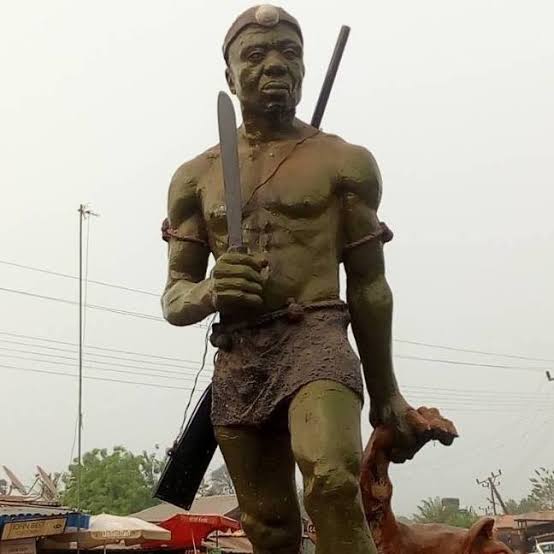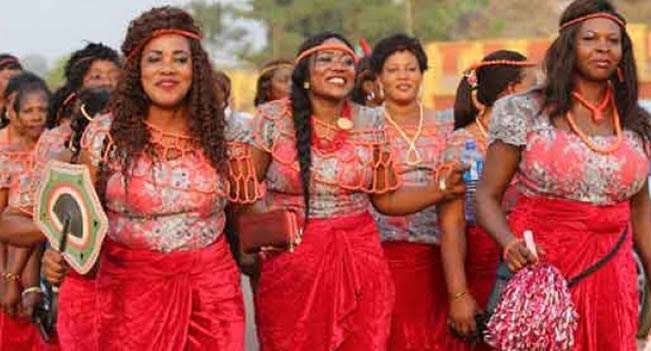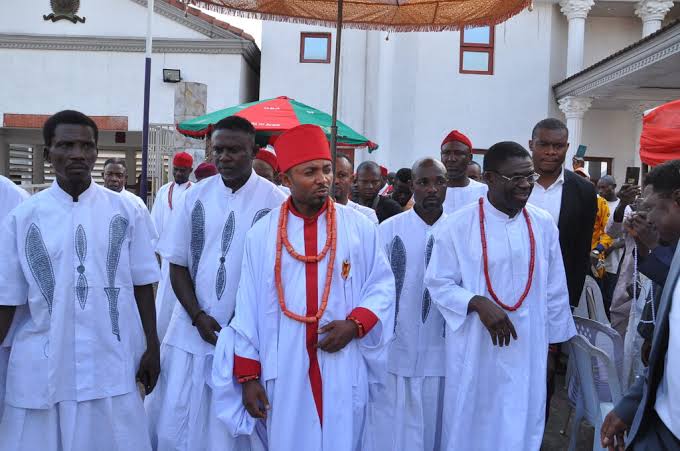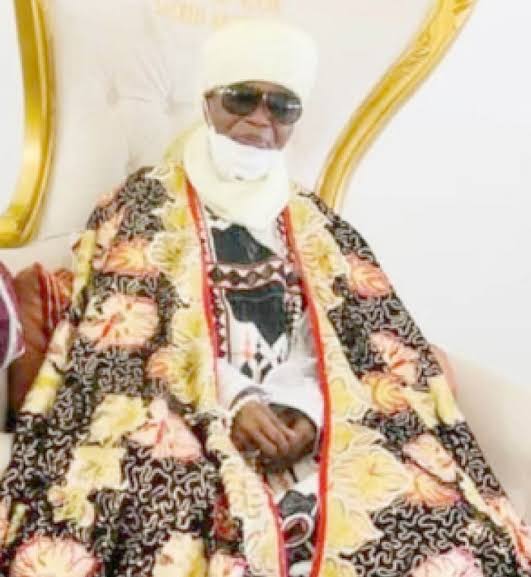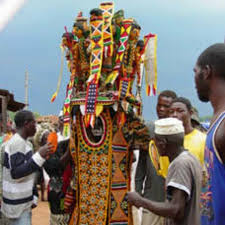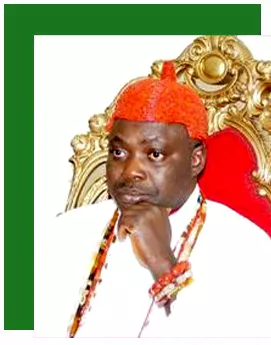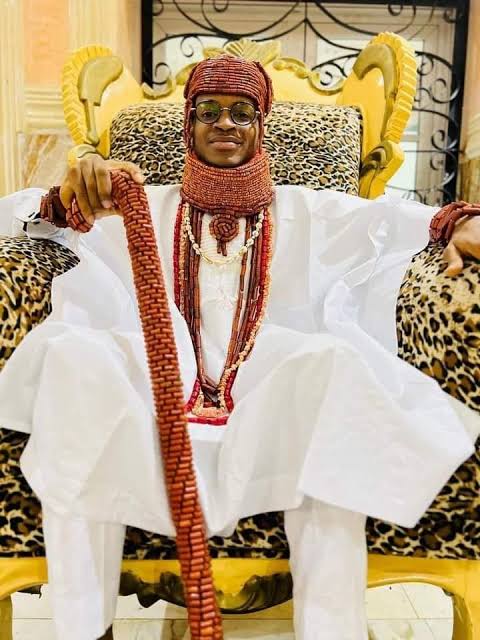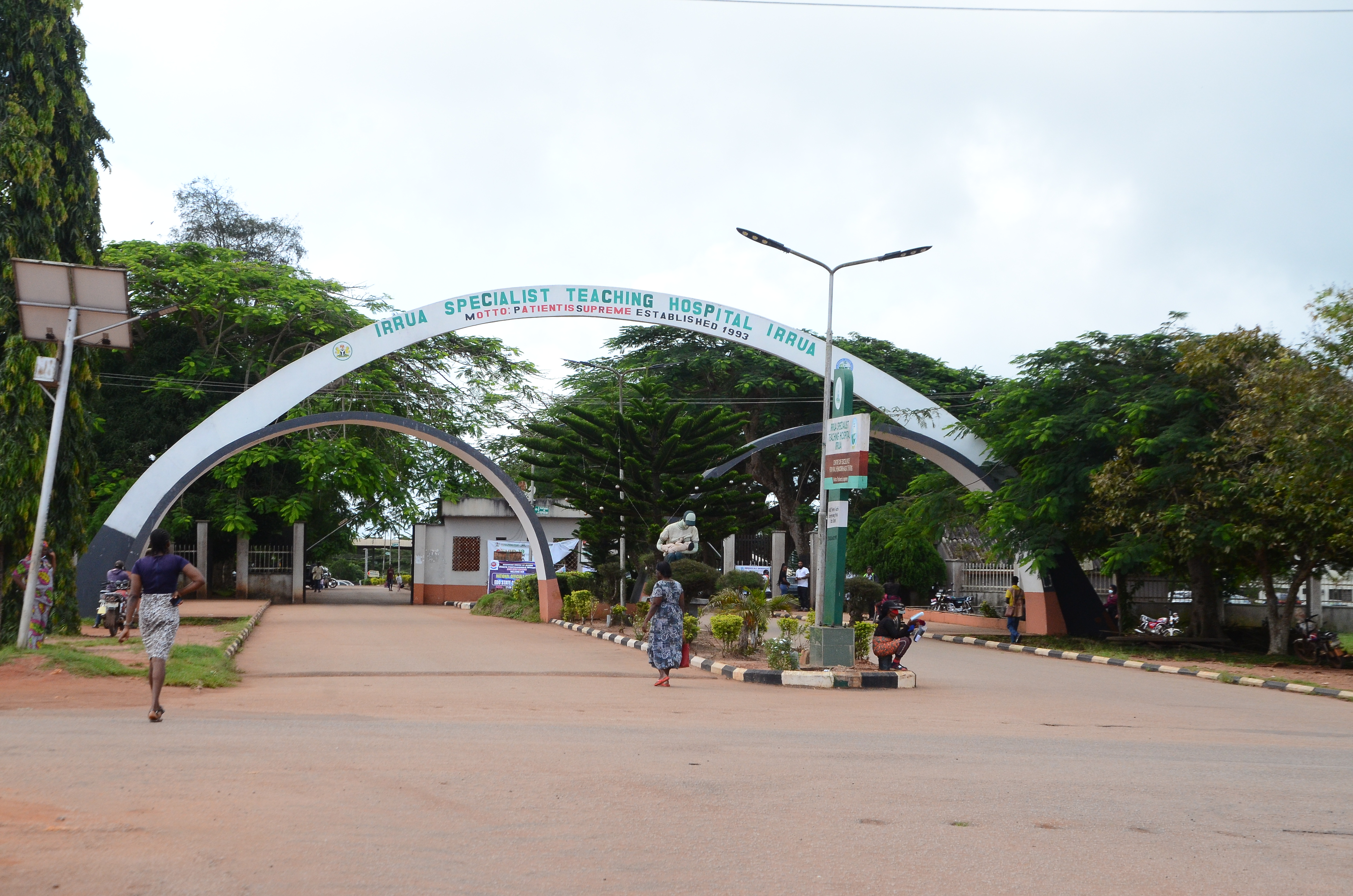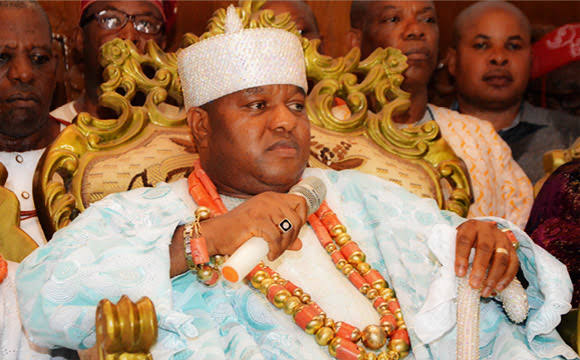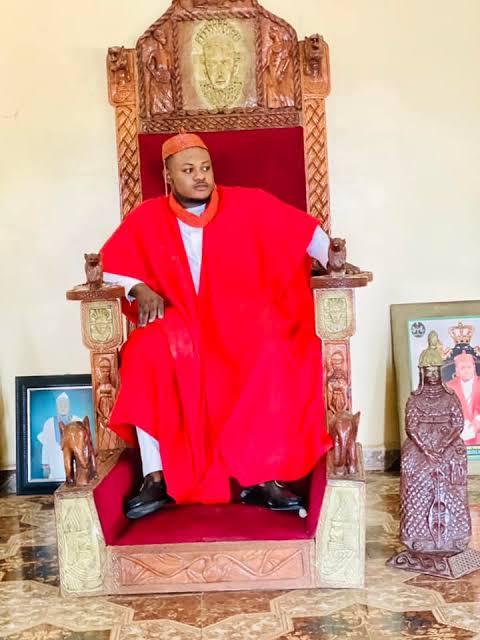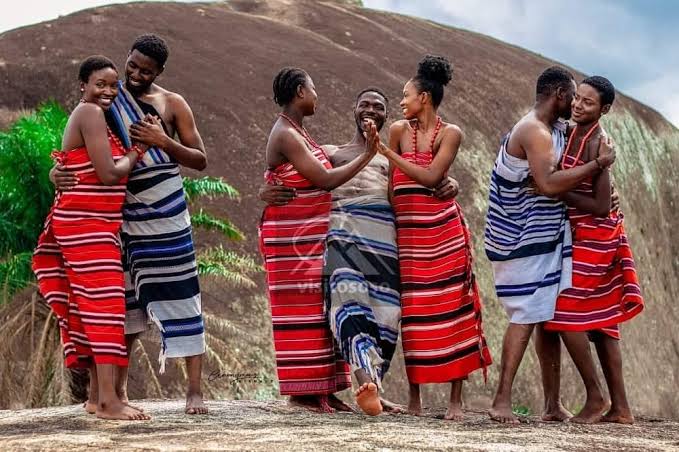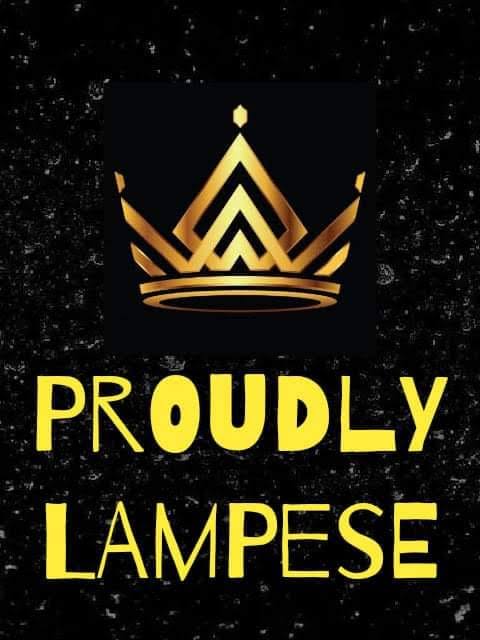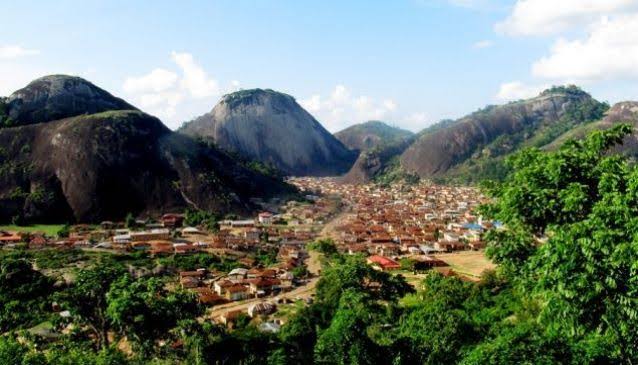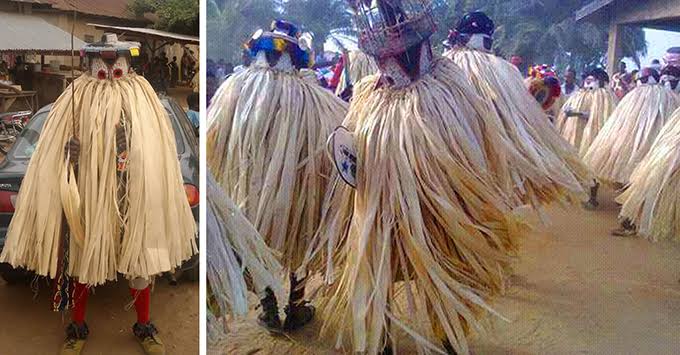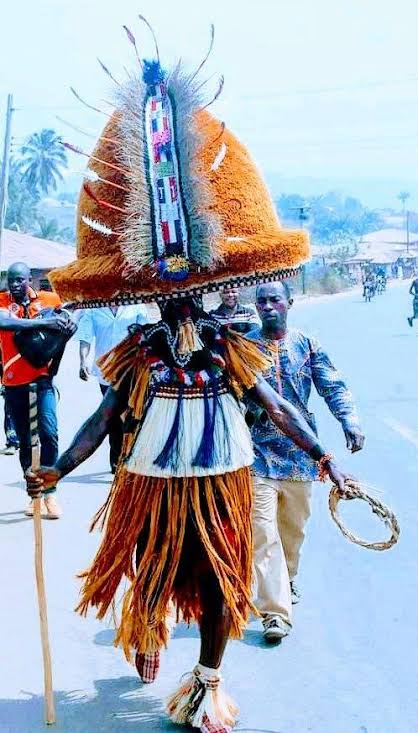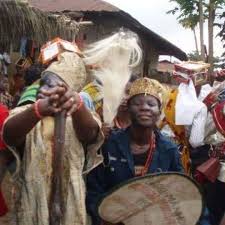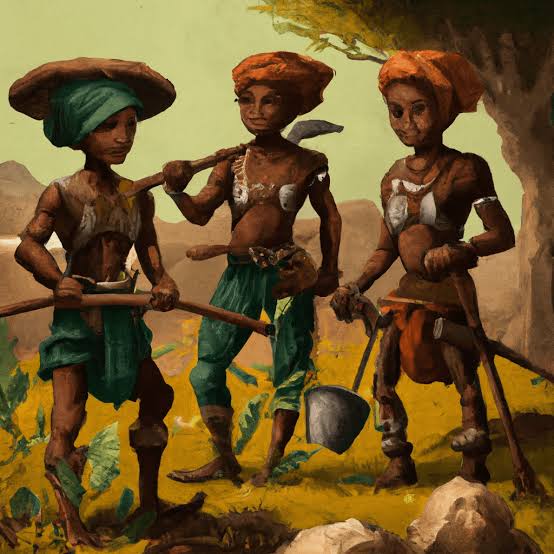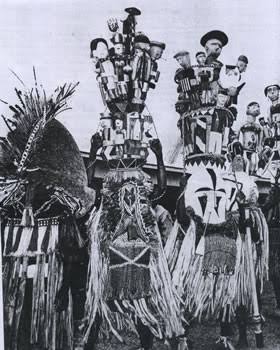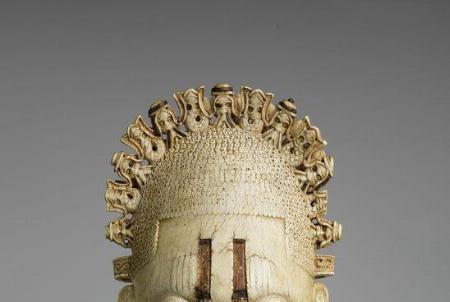Etsako Kingdom
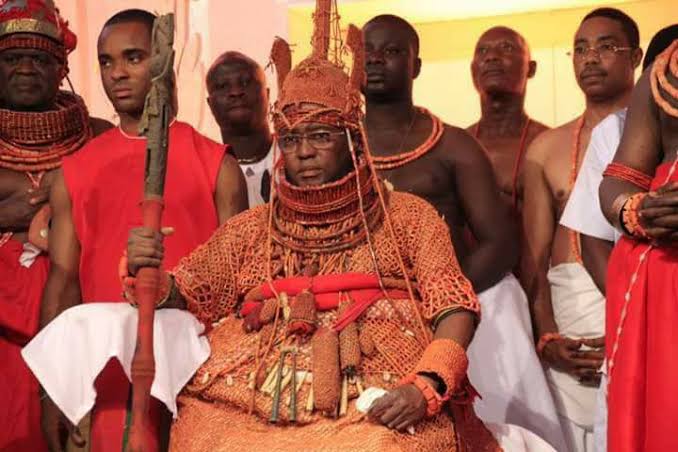
Description
The Etsako Kingdoms are a group of culturally rich and historically significant traditional states located in the northern part of Edo State, Nigeria. The Etsako people, also known as the Afemai or Afenmai, have a rich cultural heritage and a history that is intertwined with other Edoid-speaking groups in the region.
Historical Overview
The origins of the Etsako people are closely tied to the broader history of the Edoid-speaking people, particularly the Benin Kingdom. Oral traditions suggest that the Etsako people migrated from the Benin Kingdom and other areas during the reign of Oba Ewuare (circa 1440-1473), due to a combination of factors such as war, succession disputes, and the search for more fertile land. This migration led to the establishment of various independent communities in the hilly areas of what is now Etsako, where they formed distinct kingdoms.
The Etsako people are known for their strong sense of community, resilience, and warrior traditions. The region is dotted with several kingdoms and clans, each with its own leadership structure, customs, and traditions.
Key Etsako Kingdoms and Clans
Etsako is not a single kingdom but a collection of several autonomous kingdoms and clans, each with its own ruler. Some of the prominent kingdoms and clans within Etsako include:
1.Uzairue Kingdom:
One of the most significant kingdoms in Etsako, Uzairue is known for its strong leadership and vibrant cultural traditions. The **Otaru of Auchi**, who is also a ruler in this area, plays a crucial role in both traditional and modern governance.
2.Auchi Kingdom:
Auchi is a key urban center and kingdom in Etsako. It is one of the most prominent towns in the region and has a significant historical and cultural heritage. The Otaru of Auchi is a respected leader, and Auchi is known for its educational institutions and economic activities.
3. Agenebode (Weppa-Wanno) Kingdom:
Agenebode, also known as Weppa-Wanno, is an important kingdom situated on the banks of the Niger River. It has a rich history of trade, fishing, and cultural exchange due to its strategic location. The Otsogun of Weppa-Wanno is the traditional ruler and plays a vital role in the community's social and cultural life.
4. Ivhiunmwindunumhe Clan:
This clan is known for its warrior traditions and historical significance in the region. It has maintained a distinct cultural identity within the larger Etsako group.
Political Structure
The Etsako kingdoms are traditionally governed by kings or chiefs, known as Otaru, Ogie, or Otsogun depending on the specific kingdom or clan. These rulers are often selected based on hereditary succession, although some communities also involve elders or councils in the selection process.
The traditional rulers in Etsako hold significant influence over their communities, overseeing matters related to land, disputes, cultural practices, and religious activities. They are also custodians of the community�s traditions and serve as intermediaries between the people and the spiritual world.
The Etsako people also have a strong sense of communal governance, with local councils of elders playing an essential role in decision-making and conflict resolution.
Cultural Practices
The Etsako people have a rich cultural heritage, which includes traditional festivals, music, dance, and religious practices. Some of the notable cultural practices include:
Ekuechi Festival: This is a significant annual festival that features masquerades, dances, and rituals. It is celebrated to honor the ancestors and ensure the community�s prosperity and protection.
Ukphokhpho Dance: This is a traditional dance that is performed during important ceremonies such as weddings, funerals, and festivals. It is characterized by rhythmic drumming and intricate dance movements.
The Etsako people are also known for their traditional religion, which involves the worship of deities and ancestors. However, over time, Islam and Christianity have become increasingly prevalent in the region, particularly in urban centers like Auchi.
Modern-Day Etsako Kingdoms
Today, the Etsako kingdoms continue to play a significant role in the cultural and social life of Edo State. While the influence of traditional rulers has been somewhat reduced due to the introduction of modern governance structures, they still hold considerable authority in matters related to culture, land, and local customs.
The Etsako region is known for its educational institutions, agricultural activities, and growing economic importance. Auchi, for instance, is a major urban center in Edo State, contributing to the region's development and cultural preservation.
REFERENCES
1.Omo-Ojugo, A. A. (1986). *The Afemai: A Short History of the Peoples of Etsako, Akoko-Edo, and Owan*. Uto Publications.
This book provides a comprehensive history of the Afemai (Etsako) people, detailing their origins, migration, and cultural practices.
2.Oseni, Z. I. (1997). *Islam in Auchi: Socio-Religious Changes in an Afemai Town from 1914 to 1995*. NATAIS.
This work focuses on the spread of Islam in Auchi, one of the prominent towns in Etsako, and examines the socio-religious changes in the community.
3. Bradbury, R. E. (1957). *The Benin Kingdom and the Edo-Speaking Peoples of South-Western Nigeria*. International African Institute.
Although primarily about the Benin Kingdom, this book also covers the broader Edo-speaking groups, including the Etsako, providing context for their history and cultural practices.
4. Omoera, O. S. (2010). "The Socio-Cultural Implications of Eku�oba Festival in Weppa-Wanno, Nigeria," in *African Research Review4(3).
This article explores the cultural significance of the Eku�oba festival in Weppa-Wanno, shedding light on the rich traditions of the Etsako people.

Related Content
Opdwodowkdwiidwok djwkqdwqofhjqwlsqj jfkmclasdkjfjewlfjkwkdjoiqw fnedkwdkowfwhi jiowjiowhfiwkj rohriowjropwjrofwjrijeiwo edostatearchives.org
Opdwodowkdwiidwok djwkqdwqofhjqwlsqj jfkmclasdkjfjewlfjkwkdjoiqw fnedkwdkowfwhi jiowjiowhfiwkj rohriowjropwjrofwjrijeiwo edostatearchives.org
.png)
.png)
